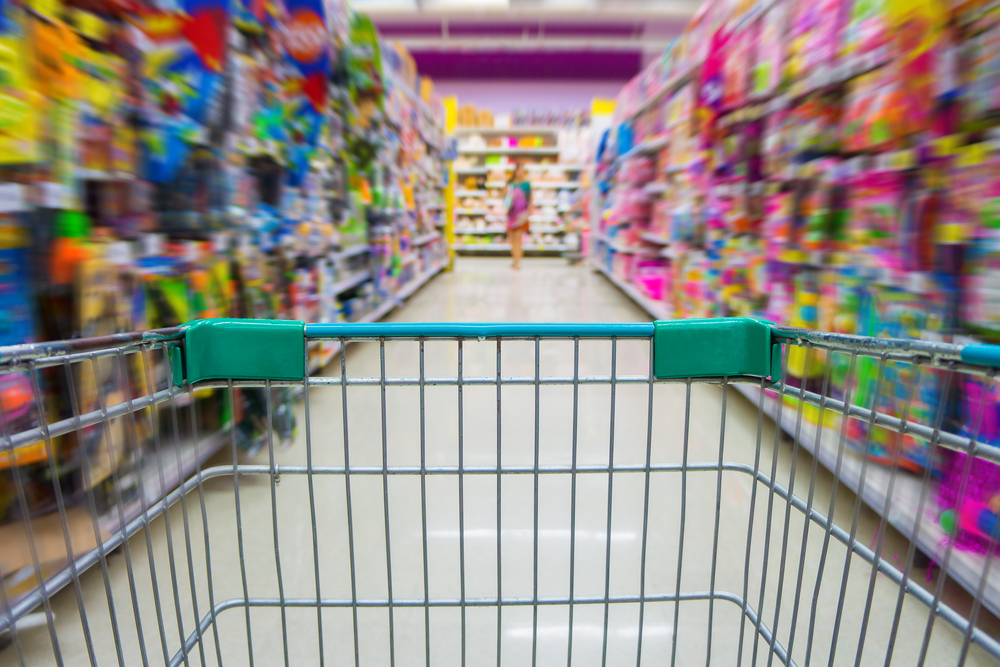Household Bills
Households face annual rise of £800 to food bills

Shoppers are facing record high costs for food with grocery price inflation up 17.1% in February, the highest level ever recorded.
It means on average households are facing an annual rise of £811 to their food bills, unless they change their spending habits.
Rising grocery prices are the second most important financial issue for Brits ahead of energy costs, according to the data from Kantar.
Two thirds of households said they were worried about rising food and drink prices, above other issues including public sector strikes and climate change.
One in four people said they were now struggling financially, compared to one in five a year ago.
Overall, take home food sales rose by 8.8% in the four weeks to 19 February and by 8.1% in the 12 weeks previously. February also marks 12 months since monthly grocery inflation rose above 4%.
Recent fruit and vegetable shortages are unlikely to have a huge impact as consumers buy them in smaller quantities. Only 1% of tomato purchases last year involved more than three packs, for example, according to Kantar.
The battle for best value
Supermarkets are responding to rising prices and many have cut the costs of basic items. Sales of own-brand items were up 13.2% this month, compared to 4.6% for branded items.
Tesco announced it had frozen the price of more than 1,000 items until April while Morrisons recently cut the price of many items by 20% in a bid to help customers with rising prices.
Aldi has also partnered with the food waste company Too Good To Go to offer £3.50 ‘Magic Bags’ worth £10 while Sainsbury’s is selling £2 ‘Taste Me, Don’t Waste Me’, boxes of surplus fruit and vegetables.
Aldi boost its market share
Aldi increased its market share to 9.4% in the 12 weeks to 19 February and sales were up 26.7%. The discount supermarket also recently announced it was hiring more than 6,000 staff as part of an expansion plan and was named as the cheapest supermarket in the UK by Which? in January.
Lidl was just behind, with a market share of 7.1% and sales up 25.4%. Iceland’s market sales rose to 2.4%, from 2.3% last year, and sales rose by 10.8%.
Tesco remained in the top spot for market share, with sales up by 6.6%. Sainsbury’s and Asda were just behind with rises of 6.2% and 5.9% respectively.
Sales at Morrisons fell by 0.9% and this was its best performance since May 2021.
‘Deeply concerning’
Rocio Concha, Which? director of policy and advocacy, said: “These latest figures are deeply concerning, and reflect Which?’s own inflation tracker, which shows the dramatic impact the cost-of-living crisis is having on everyday products at the supermarket.
“Some households are already skipping meals to make ends meet and our research shows trust in supermarkets taking a hit as many people worry they are putting profits before the people suffering during this cost-of-living crisis.
“Supermarkets must boost budget range availability across stores so people do not have to pay excessive prices for everyday essentials. They should also be more upfront about costs and provide clear unit pricing to help shoppers to easily compare items.”